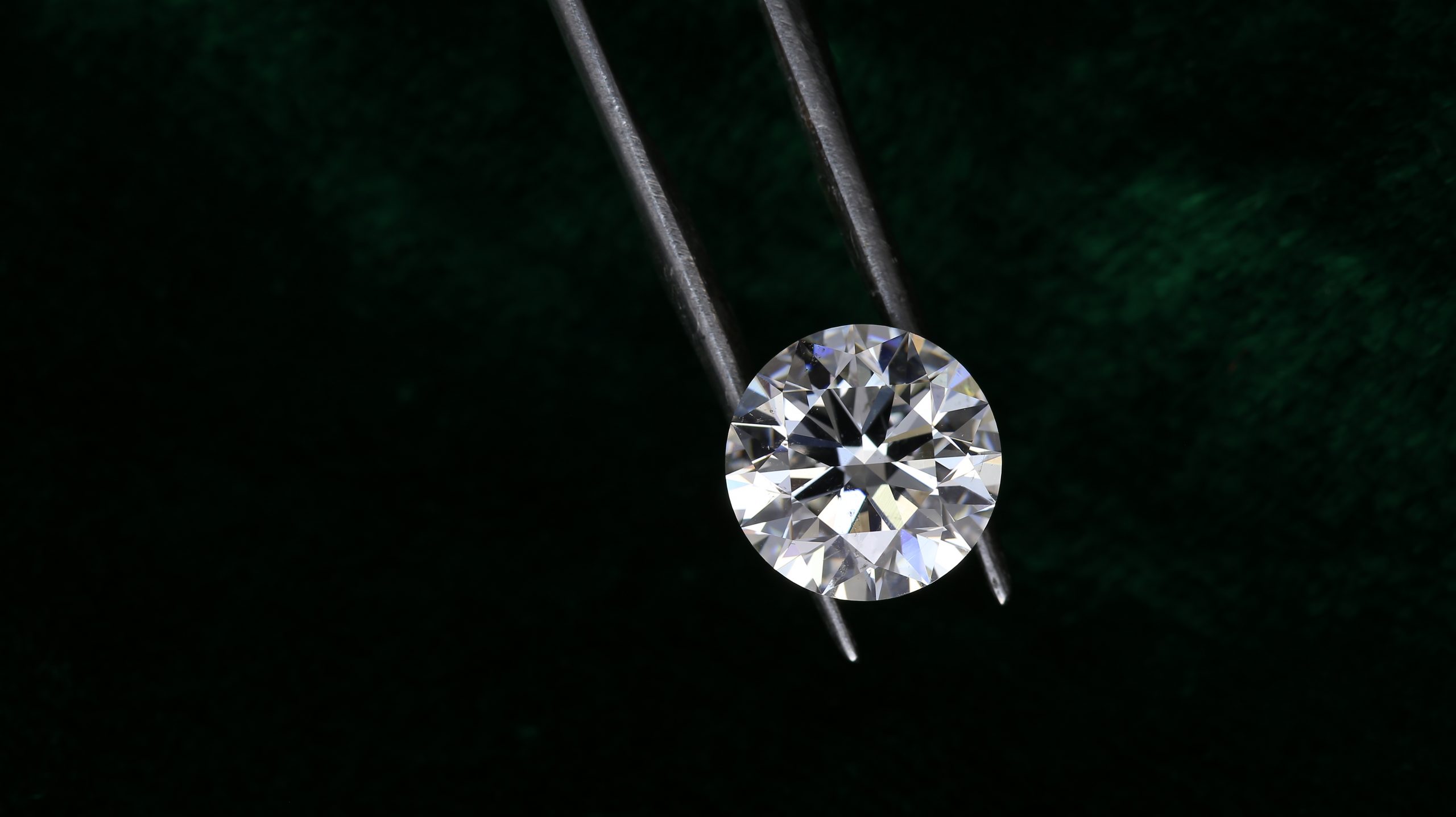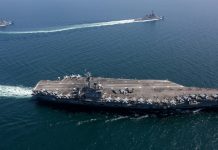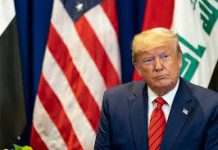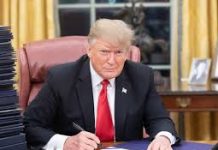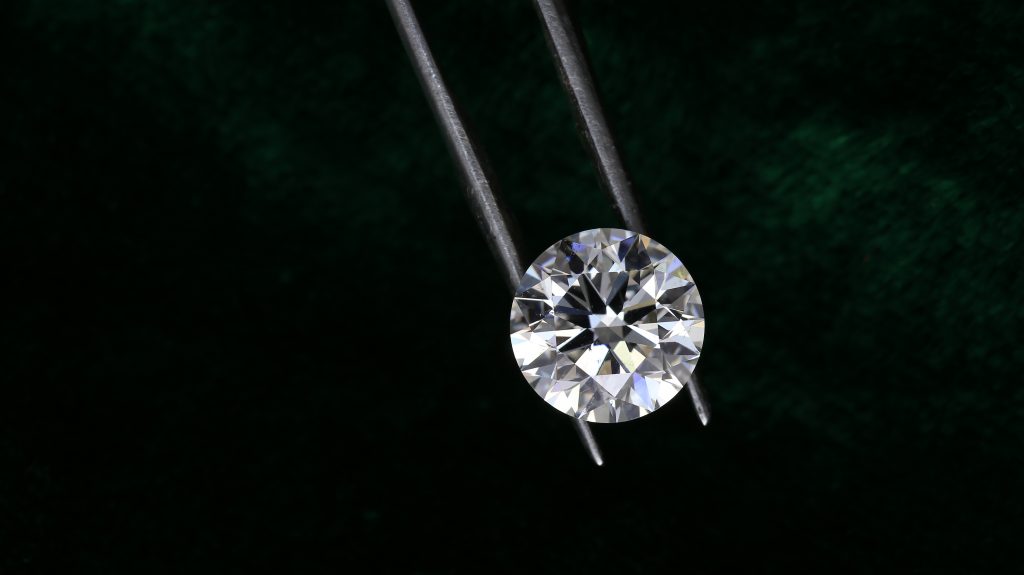
The UK government has recently increased its sanctions on Russia by prohibiting the import of diamonds. Additionally, it has been reported that more than 60% of President Putin’s war chest, which is approximately £275bn, has been immobilized. Sanctions are penalties imposed by one country on another to prevent aggressive behavior or violations of international law. They are among the most severe measures that nations can take, short of declaring war, and can be implemented quickly.
The diamond sanctions imposed by the UK involve a ban on the import of diamonds from Russia. Similar plans were announced by the US last year, and the EU has also announced its intention to do so. However, most Russian diamonds are sent to countries like India for polishing, making it difficult to determine their origin once they are re-exported. As a result, US sanctions have not been particularly effective, according to Hans Merket of the International Peace Information Service think tank. A potential solution could involve laser inscriptions or 3D scans of diamonds.
In addition to diamond sanctions, gold exports from Russia, which were worth £12.6bn ($15.4bn) in 2021, were also banned by countries including the UK and US last year. Western nations have also implemented financial measures to limit Russia’s access to money, such as freezing assets of Russia’s central bank and removing major Russian banks from the international financial messaging system Swift. More than 1,000 Russian businesses and individuals have been targeted by sanctions from the US, EU, UK, and other countries.
These measures are part of a broader effort by Western nations to pressure Russia into changing its behavior and complying with international law. The effectiveness of these sanctions remains to be seen.
The assets of President Putin and Foreign Minister Sergei Lavrov have been frozen, and at least 16 superyachts linked to sanctioned Russians have been seized. In New York, Russian aluminum magnate Oleg Deripaska has been charged with violating US sanctions, and the UK has halted the sale of “golden visas” that allowed wealthy Russians to obtain British residency rights.
More than 1,000 international companies, including McDonald’s, PepsiCo, H&M, and Adidas, have ceased operations in Russia. Other measures include a ban on the export of dual-use goods by the UK, EU, and US; a ban on all Russian flights from US, UK, EU, and Canadian airspace; and a ban on the export of luxury goods to Russia.
While Western leaders predicted that Russia’s economy would collapse under the weight of these sanctions, the International Monetary Fund believes that Russia’s economy could grow by 0.7% in 2023. This is due in part to Russia’s high level of oil exports, with India and China being the largest importers. However, Russia’s earnings from oil and gas exports have fallen due to Western sanctions.
In response to these measures, Russia has banned exports of more than 200 goods from the West and is blocking interest payments to foreign holders of government bonds. Foreign investors are also banned from selling their Russian investments. The effectiveness of these sanctions and countermeasures remains to be seen.


